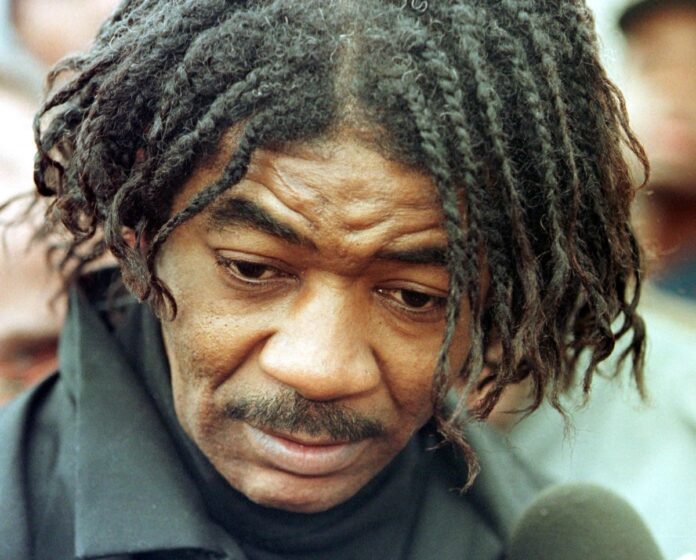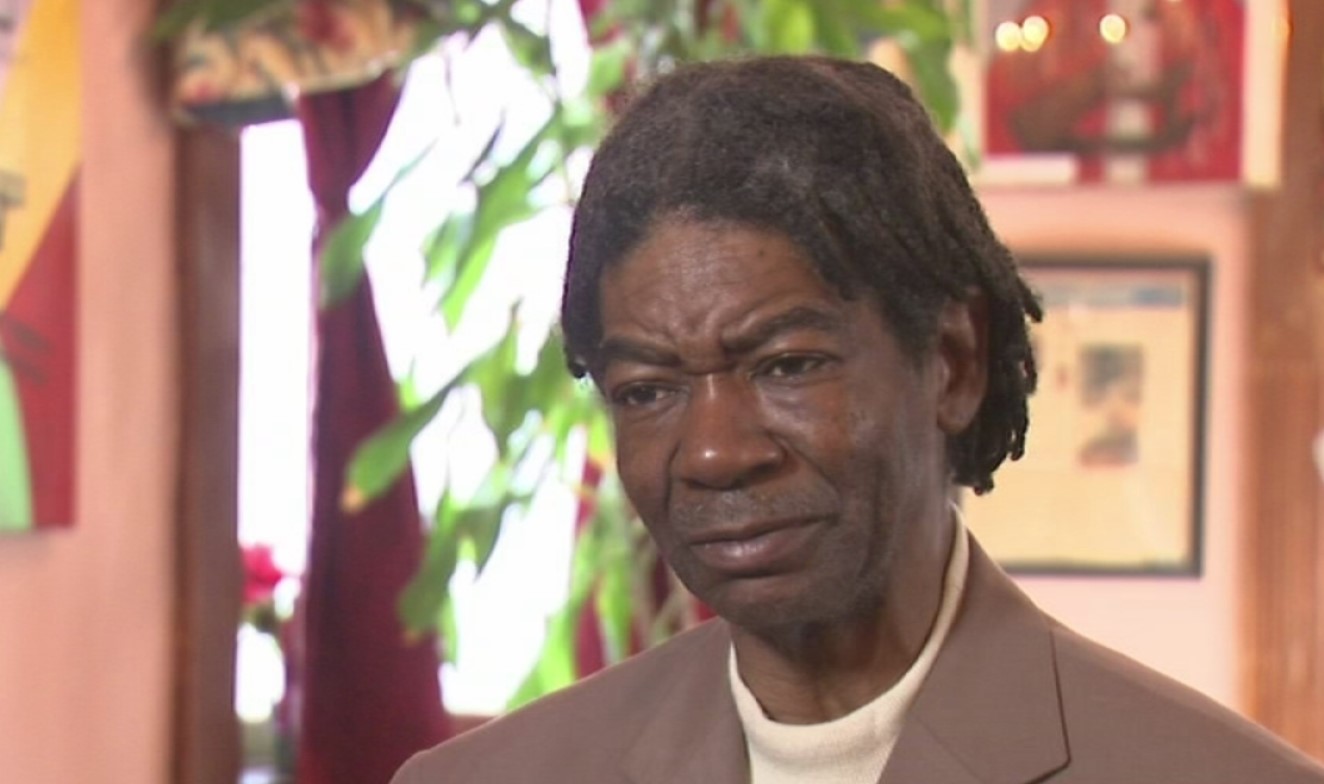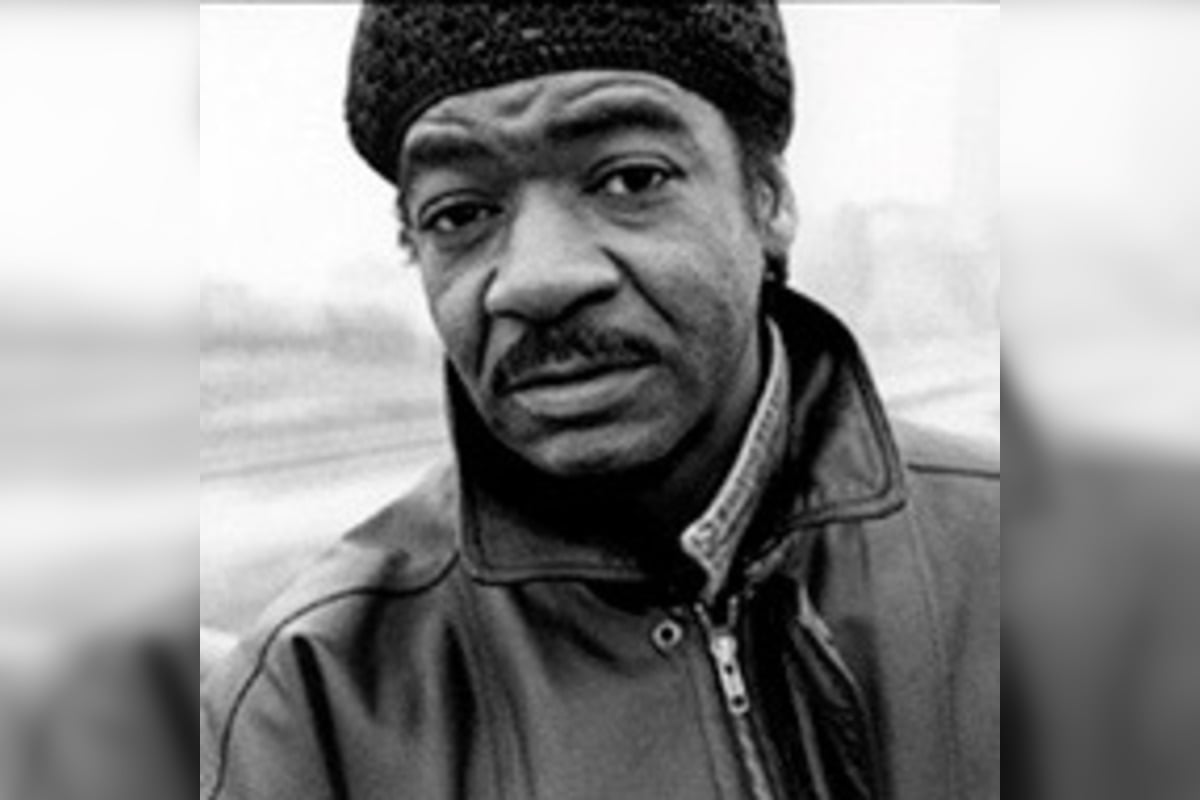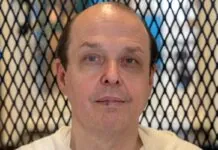
In the late 1990s, the story of Anthony Porter gripped the nation. A man sentenced to die for a double murder in Chicago came within hours of execution before a last-minute reprieve, and a reinvestigation uncovered the truth.
What followed was a turning point not only for Porter but for the entire state of Illinois, leading to sweeping reforms and the eventual abolition of capital punishment.
The Crime and Conviction
In 1982, two people were murdered in Washington Park, Chicago. Police moved quickly and charged Anthony Porter, a young man with limited resources and intellectual challenges.
By 1983, a Cook County jury had convicted him based heavily on eyewitness testimony. Porter was sentenced to death, joining the long list of inmates awaiting execution in Illinois.
Flaws in the Trial
- Key witnesses changed stories under pressure.
- Physical evidence was absent or inconclusive.
- Defense attorneys lacked resources for a strong counter-investigation.
Despite mounting questions, courts upheld his conviction for years.
The Final Countdown
By September 1998, Porter was scheduled for execution. Only 50 hours remained when the Illinois Supreme Court granted a temporary stay.
The reason: serious concern over his intellectual capacity.
Porter’s IQ had been tested at 51, raising doubts about whether he understood the process or could defend himself adequately.
That pause would prove life-saving.
Journalism Students Step In
Professor David Protess and his class at Northwestern University’s Medill School of Journalism took a closer look at the case.
They began knocking on doors, re-interviewing witnesses, and pressing for answers.
Breakthrough Moments
- A key eyewitness recanted, admitting earlier statements were unreliable.
- Investigators working with the students recorded a videotaped confession from another man, Alstory Simon.
- Simon’s admission directly contradicted the original theory of the crime.
In 1999, authorities dropped all charges against Porter. He walked out of prison a free man after 16 years.
Impact on the Law in Illinois
Governor George Ryan, a Republican with a background in law-and-order politics, was shaken by Porter’s exoneration.
He cited the case repeatedly as proof that the state could have executed an innocent man.
Steps That Changed the System
- 2000: Ryan declared a moratorium on all executions in Illinois.
- 2003: Ryan commuted 167 death sentences to life imprisonment before leaving office.
- 2011: Illinois formally abolished the death penalty, citing wrongful convictions as a central reason.
Anthony Porter’s ordeal stood at the heart of that transformation.
Fallout of the Alstory Simon Confession
The videotaped confession by Simon, once hailed as proof of Porter’s innocence, later came under scrutiny.
Simon’s lawyers argued coercion played a role. In 2014, prosecutors vacated Simon’s conviction.
By then, however, Porter’s freedom and the political momentum it created had already reshaped Illinois policy.
Lessons From the Simon Twist
- The justice system’s reliance on coerced confessions raised fresh alarms.
- Wrongful conviction advocates emphasized the danger of tunnel vision.
- The case demonstrated that reform must go deeper than one exoneration.
Life After Prison

Porter faced hardships after release.
Compensation was limited: Illinois awarded him $145,875 in restitution, a fraction of what many believed he deserved.
A civil lawsuit against Chicago seeking millions in damages ended in failure.
He struggled with housing and stability, and in 2011 served a brief sentence for retail theft.
On July 6, 2021, Anthony Porter died at age 66. Medical examiners reported opioid toxicity as the cause.
His passing marked a somber end to a life defined by injustice and resilience.
Closing Thoughts
Anthony Porter never fully escaped the shadow of his wrongful conviction. Yet his case reshaped Illinois and inspired reforms across the United States. The death penalty, once unquestioned in many circles, faced a reckoning after Porter’s near-execution.
In many ways, his story demonstrates how one man’s fight for life can redefine justice itself.

















